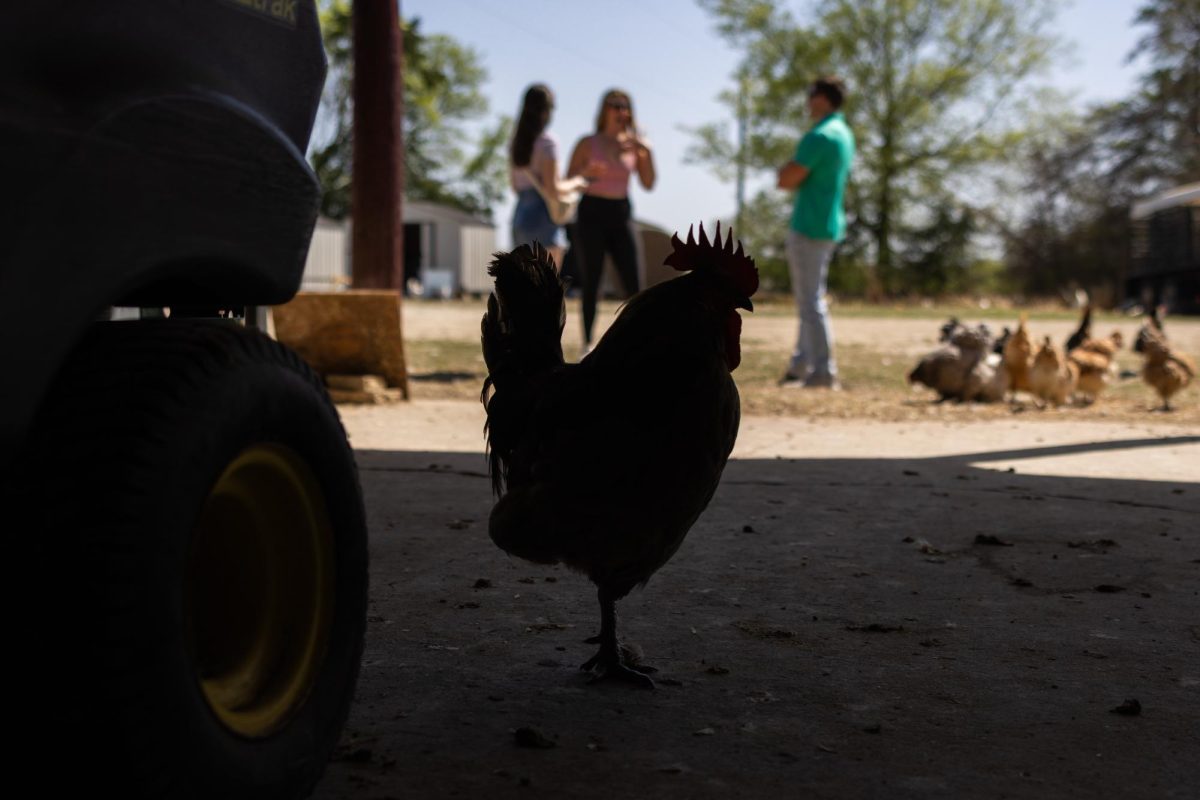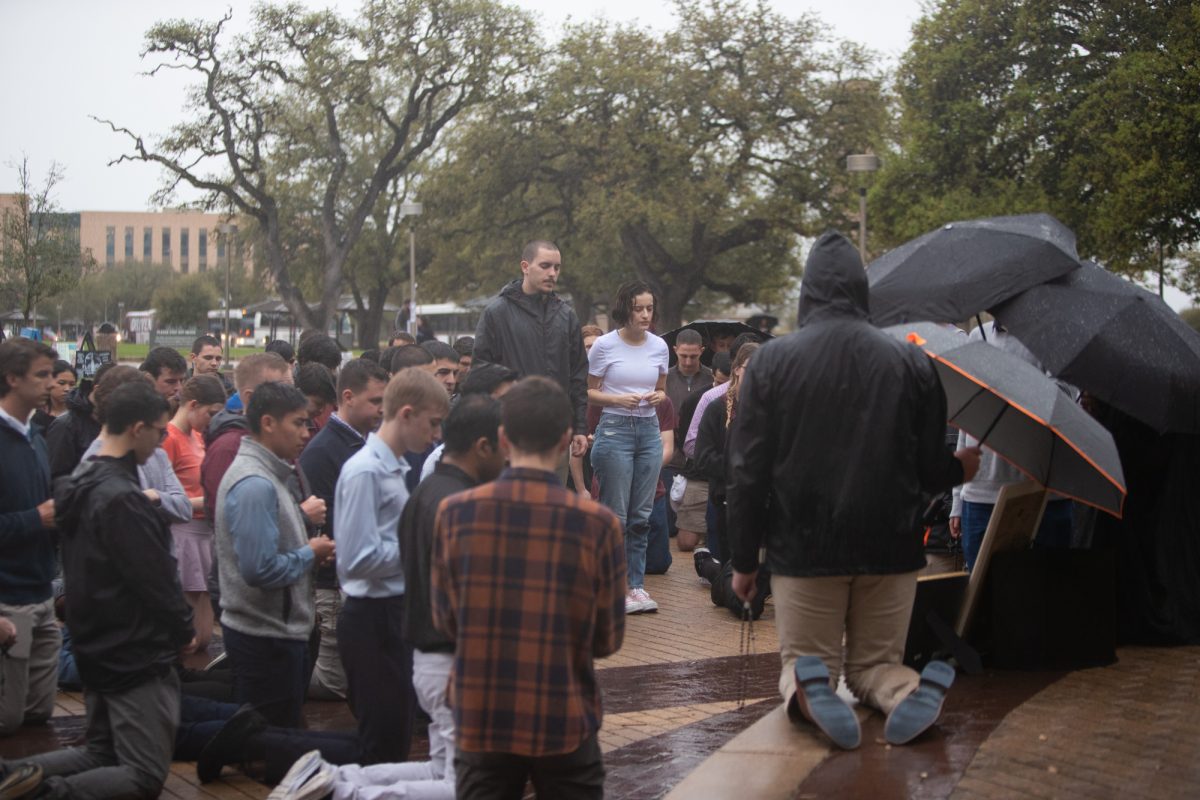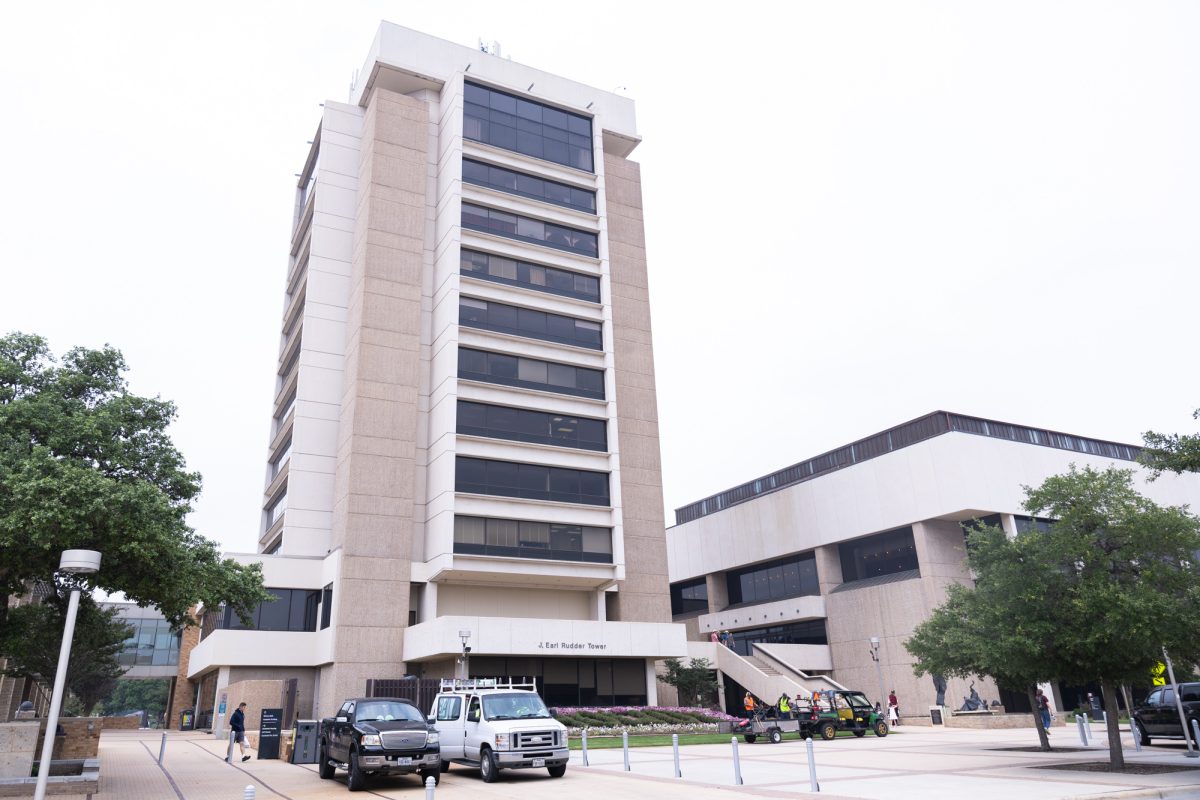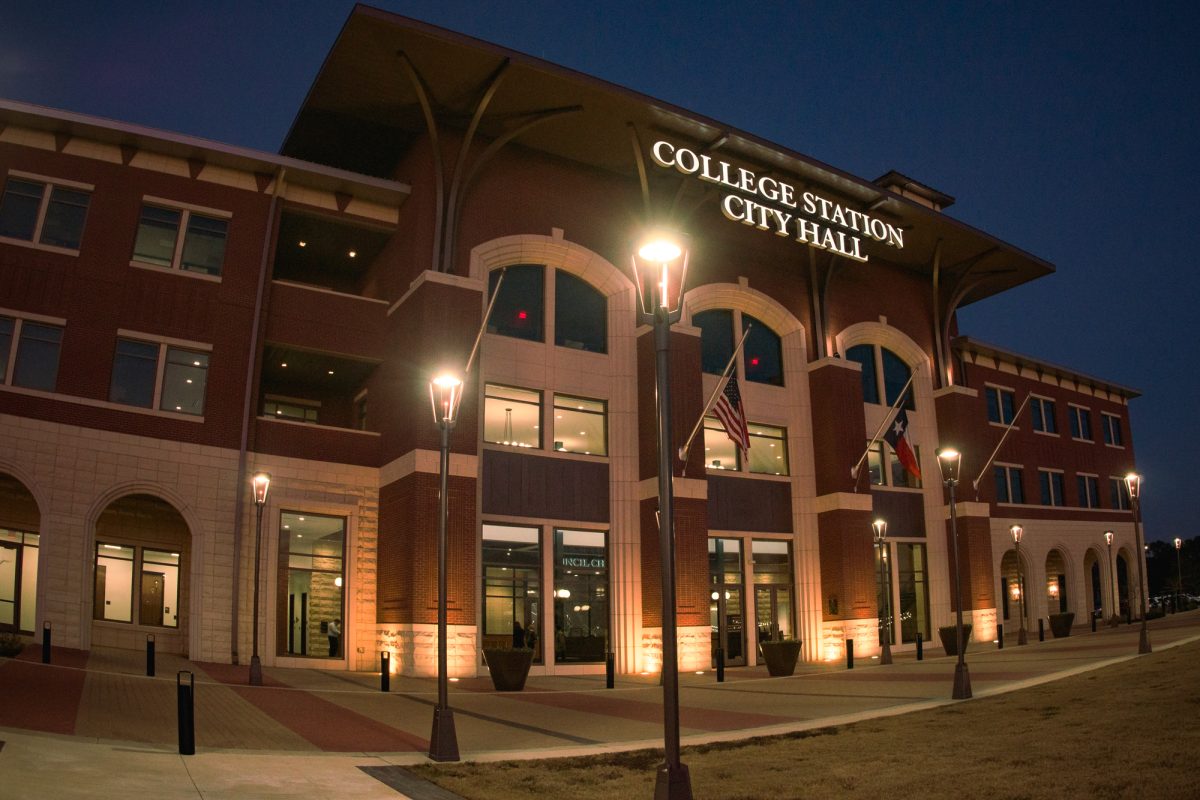Donald Trump has won the presidential election and will return to the White House for another four years.
The 78-year-old president-elect surpassed his 2020 election margins and is set to become the first Republican presidential nominee to win the popular vote in two decades. Vice President Kamala Harris, the Democratic nominee, publicly conceded during a speech on Wednesday.
Trump’s political revival was accompanied by a red wave that saw Republicans take control of the U.S. Senate after flipping seats in West Virginia, Ohio and Montana and defending against challenges in Texas and Nebraska. Control of the U.S. House of Representatives remains too close to call, but paths leading to Democratic control continue to shrink as Republicans, currently at 206 U.S. House seats, near the 218 majority.
As of Nov. 6, Harris sat at roughly 68 million votes — more than 10 million behind President Joe Biden’s 81 million in 2020 — while Trump held 72 million, only two million behind the last election. The collapse in Democratic turnout led to the Republican nominee winning all but two swing states, Nevada and Arizona, both of which remain too close to call but lean red.
A New York Times analysis found that Trump improved from his 2020 margins in over 90% of counties that had reported nearly complete results. Locally, Brazos County reported 56,544 votes for Trump and 33,671 for Harris, a nearly two-to-one split showing a move towards the right in the Brazos Valley.
Despite early voting numbers being down nationwide, Brazos County election officials said local numbers proved to be an exception, as over 70,000 residents had already voted by Election Day.
Rep. Michael McCaul — the Republican incumbent holding Texas’ 10th Congressional District — won reelection with roughly 63.6% of the vote, easily waving off Democratic challenger Theresa Boisseau. His district spans from Harris County to west Austin and includes Bryan-College Station.
As chair of the powerful House Foreign Affairs Committee, McCaul focuses on national security issues and often advocates for militaristic and diplomatic measures he believes puts the U.S. in a better position against China, Russia and Iran. He supports school choice policies, has consistently voted for legislation that opposes abortion has pushed the Biden administration to return various Trump-era immigration initiatives, including the “Remain in Mexico” program. The 62-year-old representative will be sworn into his 11th term on Jan. 3, 2025.
Christi Craddick won reelection as railroad commissioner with 55.6% of the vote, providing her with another six-year term as her three challengers failed to prove a challenge. The influential Texas Railroad Commission, a three-person board led by Craddick, regulates the state’s booming oil and gas industry. However, her win comes as the commission is facing criticism for struggling to address contamination issues in state wells and groundwater reservoirs, according to the Texas Tribune.
In House District 14, Republican Paul Dyson beat Democrat Fred Medina by almost double the ballots, securing the open seat that covers Bryan-College Station.
Republicans’ success in the Texas legislature was reflected by comments from Gov. Greg Abbott on Wednesday, where he said the Texas House of Representatives had 79 “hardcore school choice proponents” after Tuesday’s election, enough to form a majority in the 150-individual chamber. The electoral dominance is a win for the governor after the legislature failed to pass his school choice legislation last year, which would have used state tax dollars to fund vouchers that subsidize private schools for families wanting options other than public education.
Voters also reelected Republican incumbents Jimmy Blacklock, John Devine and Jane Bland to the Texas Supreme Court, and each finished the race with a lead larger than one million votes. Rep. Colin Allred, Sen. Ted Cruz’s challenger, similarly lost by almost one million votes, a stark contrast to the 2018 U.S. Senate race that saw Cruz beat Democrat Beto O’Rourke by 200,000 ballots. The statewide shift rightward is a blow to Democrats seeking to turn the Lone Star State and its 40 electoral votes into an election battleground.

Republicans went uncontested for most county-wide races, with one exception being county commissioner precinct three. There, Republican Fred Brown won with 11,799 votes compared to Libertarian Mike Sutherland’s 5,133. Republican incumbents went unopposed for the positions of 272nd and 472nd district judge, district attorney, county attorney, sheriff, county tax assessor-collector, county treasurer and county commissioner precinct one.
Two propositions on the ballot also proposed stock laws requiring livestock to be fenced in, and both passed with large margins. However, according to a Nov. 6 statement from Brazos County General Counsel Bruce Erratt, neither will go into effect until newly discovered issues are resolved, including an overlooked detail from the state statute saying only a “freeholder” — someone who owns property — can vote on stock laws.
The statement said the error meant regular voters “were not qualified” to vote on the stock law. The next steps for the propositions are unclear.
Members of the City of Bryan’s City Council and College Station City Council were also elected, and the majority moved forward with little opposition. All incumbents running for reelection in Bryan — Jared Salvato, James Edge, Marca Ewers-Schurtleff and Kevin Boriskie — won their races with comfortable margins. In College Station, Bob Yancy ran unopposed for City Council Place 5, and David White and Melissa McIlhaney claimed City Council Place 3 and City Council Place 4, respectively. The race for City Council Place 6 was the closest on the Brazos County ballot, with Scott Shafer ahead with 13,902 votes compared to Tre Watson’s 13,687 — a 0.8% difference.
Remaining provisional, absentee and military ballots still need to be counted, and final tallies are expected to be available at 5:30 p.m. on Nov. 12, according to local election officials.






















